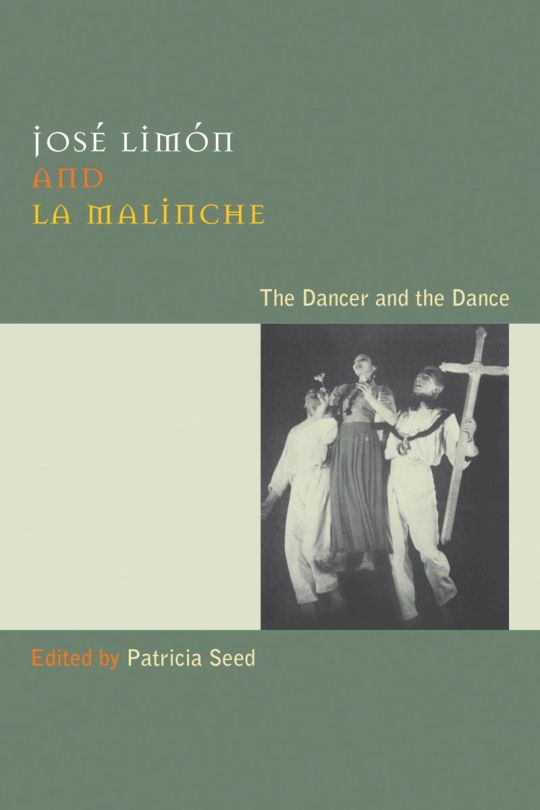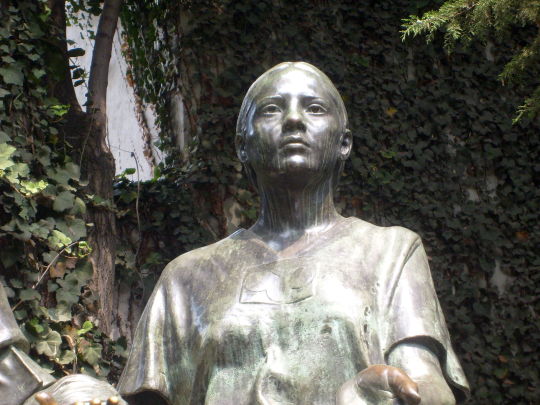A blog for the culture behind the Mexica/Nahua women and the Indigenous activists in Mexico reclaiming indigenous practices and beliefs. Inspired by the little acknowledgement these women face in media, here I will try and share research and cultural beliefs that have since been forgotten through the years.
Don't wanna be here? Send us removal request.
Text

Cristina Lopez Anaya's 70th Birthday, Pictured Cristina Lopez Anaya, Xilitla, San Luis Potosi, Mexico.
This is my grandmother, the person who has inspired and encouraged me to venture into my indigenous roots. She inspired part of my research because she is active in her community helping others and knowledgeable in certain traditional practices, but just like me is still learning about her own indigeneity as well.
0 notes
Text
Different indigenous women activist in different fields of activism and their specialty.
0 notes
Text
Environmental activism that is lead by Indigenous women leaders.
0 notes
Text

Gonzales, P. (2012). Red medicine : traditional indigenous rites of birthing and healing / Patrisia Gonzales. University of Arizona Press.
One of the first books read in class, Native American Women's History at the University of Texas at Austin. Insightful writing by Patrisia Gonzales, a professor of Mexican American Studies and American Indian Studies at the University of Arizona.
0 notes
Text

Seed, P. (2008). José Limón and La Malinche: The Dancer and the Dance. New York, USA: University of Texas Press. A book that talks about Jose Limon's ballet of La Malinche, but with a collection of Mexican history that shows its artistic and historical context.
1 note
·
View note
Text

Xochiquetzalli depicted in the Codex Borgia, , Aztec female deity that represents both agriculture and sexuality.
0 notes
Text

Statue of La Malinche, Julián Martínez y M. Maldonado, Jardín Xicoténcatl, Barrio de San Diego Churubusco, Mexico city.
0 notes